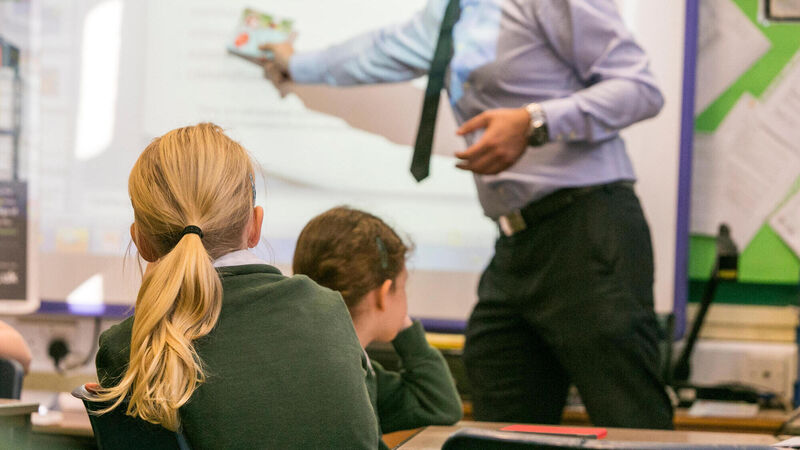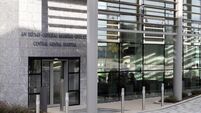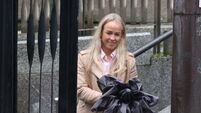Irish Examiner view: 'Voluntary' school payment practice must stop

It emerged this week that several schools in Cork are seeking funds from parents of children to whom they offered school places, despite legislation outlawing the practice. Picture: Stock
Parents and guardians all over the country will be familiar with the voluntary contributions sought by secondary schools, an expense which pops up when kids are dusting off their uniforms to return to classrooms in September.
The temptation is to put quotation marks around the word voluntary, given the general expectation that families will provide the money, but a story here this week casts some doubt over the appropriateness of some requests for funds.
















